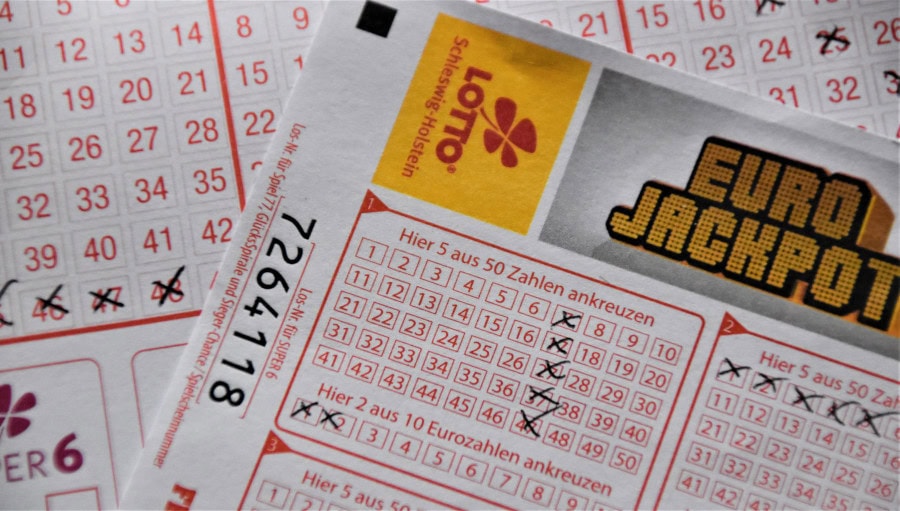The lottery culture is deeply embedded within the roots of the Indian Civilization. Even after the partition, both India and Pakistan enjoy the lottery culture. It is believed by many people that winning the lottery is the easiest, most effortless way to make money, which is true to some extent. However, lottery draws are rarely fair.
Most of the lottery draws are fixed with prearranged results, and it is precisely why 90% of the people who invest in lottery tickets lose their money. Although Pakistan doesn’t have a state lottery, a lot of lottery schemes are run online. Besides that, many Pakistanis invest in lottery schemes in other countries; for example, Saad, a Pakistani mechanic, recently won a lottery worth AED 10,000,000 in the UAE.
Similarly, many other Pakistanis invest in different lotteries across the globe. Apart from that, Pakistan has a long-standing tradition of buying and selling prize bonds. Even though prize bonds aren’t a part of any authorized lottery scheme, they function similarly. The process involves buying one or more prize bonds and taking part in a draw to win money.
It is more or less similar to purchasing a lottery ticket and taking part in a lucky draw. The only difference is that, unlike a lottery ticket, you don’t lose your initial investment with prize bonds. In case you don’t win in the first draw or the second, you can always sell your prize bond and have your investment back.
Furthermore, it has been making rounds in Pakistan that the Federal Government is considering introducing a state lottery in the country. It is said that a state lottery will bring in revenue to fight the current economic crisis. In other words, a state lottery can significantly heal the ailing economy of Pakistan; however, there has been no official announcement from the Government of Pakistan on the matter.
The money people spend on lottery tickets across the globe
It is no surprise that the lottery industry across the world is worth billions. According to research here, the lottery business in India has a monetary value of INR 50,000 crore. Although lottery schemes are banned in many states of India under the Indian Penal Code section 419-A, a few states like Nagaland, Manipur, West Bengal, Kerala, and Goa legally allow lottery schemes.
Among them, the lottery is most popular in Kerala, a state on India’s tropical Malabar Coast. It is said that there are more than 40,000 authorized lottery sellers in the State of Kerala, and people from different Indian states regularly travel to Kerala to purchase lottery tickets. 60-70 lakh lottery tickets are in circulation in Kerala daily.
Furthermore, the non-tax revenue as a part of the Indian GDP is significantly increased due to lottery schemes in Kerala. To be precise, it was 13.4% in the 1980s and as of now, it is at 80.49%. As mentioned in the report by the State Lottery Directorate, the lottery income in India for this year is around INR 11,800 crores.
The same goes for other successful Western states like the United States of America that earn prominent revenue from state lotteries. As per the US. Census Bureau, the annual lottery ticket sales in America are approximately worth $77 billion. The percentage of people who gamble on lottery tickets is increasing by the day. It is further added that men gamble more on lottery tickets than women in the US.
Similarly, in the UK men gamble more than women and billions of pounds are invested every year in lottery tickets. Statistics reveal that 2.5-3 billion pounds are spent on National lottery tickets every year in the UK. Moreover, the Lottery Commission UK states that almost £14.5 billion was spent on purchasing lottery tickets between October 2017 and October 2018. It is significantly more than what the British spend on sports and horse race betting.
Even though only 5-10% of the people who purchase lottery tickets win the lottery, people keep investing in lottery tickets and leave the rest to fate. In this way, this cycle continues, and the lottery runners as well as various states keep benefitting from lottery schemes.









